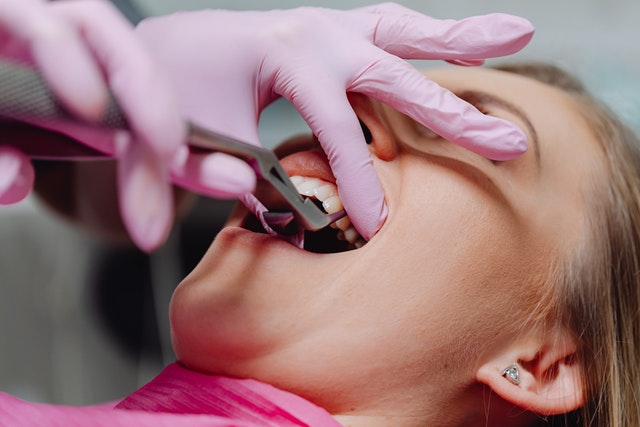Your third set of molars, or wisdom teeth, will typically come in between the ages of 17 and 25. Impaction, overcrowding, misalignment, pain, and infection are just a few of the reasons your implant dentistry in Dieppe might suggest extraction.
Understanding what to expect before, during, and after wisdom tooth extraction might help you feel more at ease with the process if your dentist recommends it.
Before the operation
Pre-op appointments are standard practice, whether your procedure is scheduled to take place in your dentist’s office or that of an oral surgeon. When you come in, the surgeon will:
- Inquire about your health background
- Inquire as to the nature and dosage of your preoperative drugs and supplements
- Talk about the surgical procedure itself
- Think about and talk about your options for anesthesia
- Provide explanations for any concerns you may have about the process.
- Provide detailed pre-op and operative instructions
Also, you’ll have to organize for your scheduled procedure. This includes arranging for a ride to and from the procedure and missing time from work or school. Be sure to stock up on painkillers and soft foods for the time you’ll be recovering. Twelve hours before surgery, you must abstain from all food and drink and smoking.
AMID THE PROCEDURE
To ensure that you feel no discomfort during the removal of your wisdom teeth, your dentist or oral surgeon will give you one of three types of anesthetic:
- A local anesthetic, such as Novocaine or Licodaine, is injected into the area(s) around the affected tooth(s) to render those areas pain-free for the dental procedure. Laughing gas (nitrous oxide) may also be administered to patients before surgery to put them at ease.
- Your dentist may provide oral conscious sedation if you’re extremely nervous about visiting the dentist. There’s a chance you could nod off throughout the process.
- In general, this is only required for surgical extraction of impacted wisdom teeth, as it is rarely essential for basic wisdom tooth extraction. If the dentist thinks it’s necessary, you’ll have some sort of gas mask and breathe it in, or an IV and get some sort of medicines injected into your arm. Throughout this period, you will be sound sleeping.
- After administering local anesthesia, your dentist will begin the procedure of extracting your wisdom teeth. Your dentist or oral surgeon may need to make a tiny incision in the gum to reach the tooth if it hasn’t yet broken through the gums.

